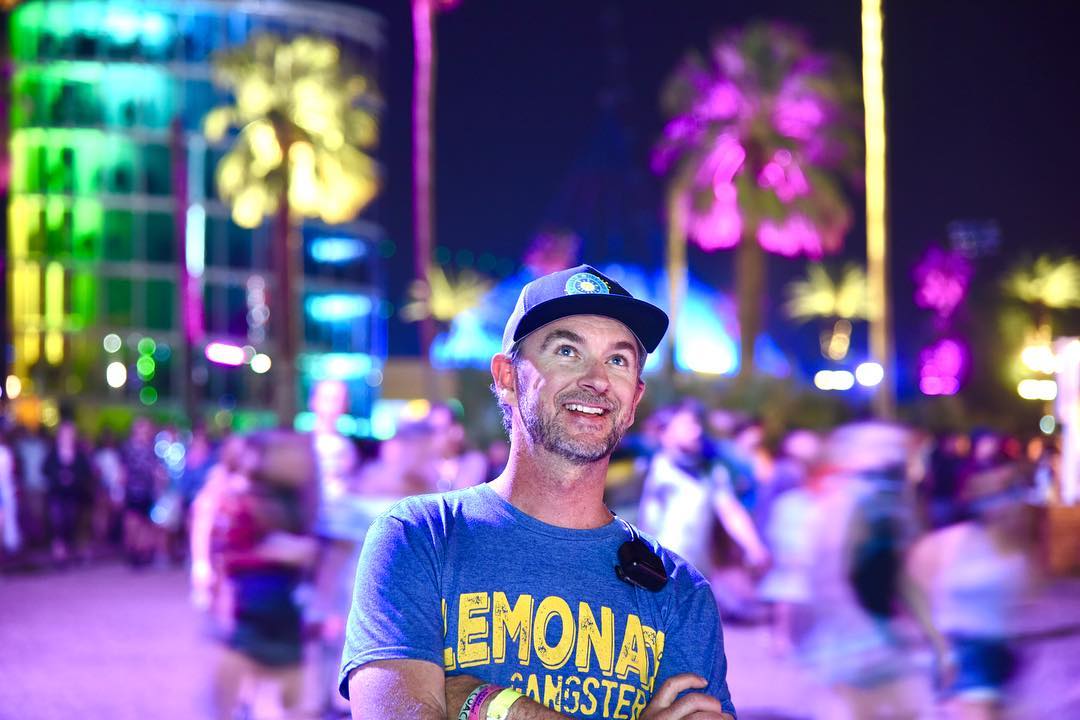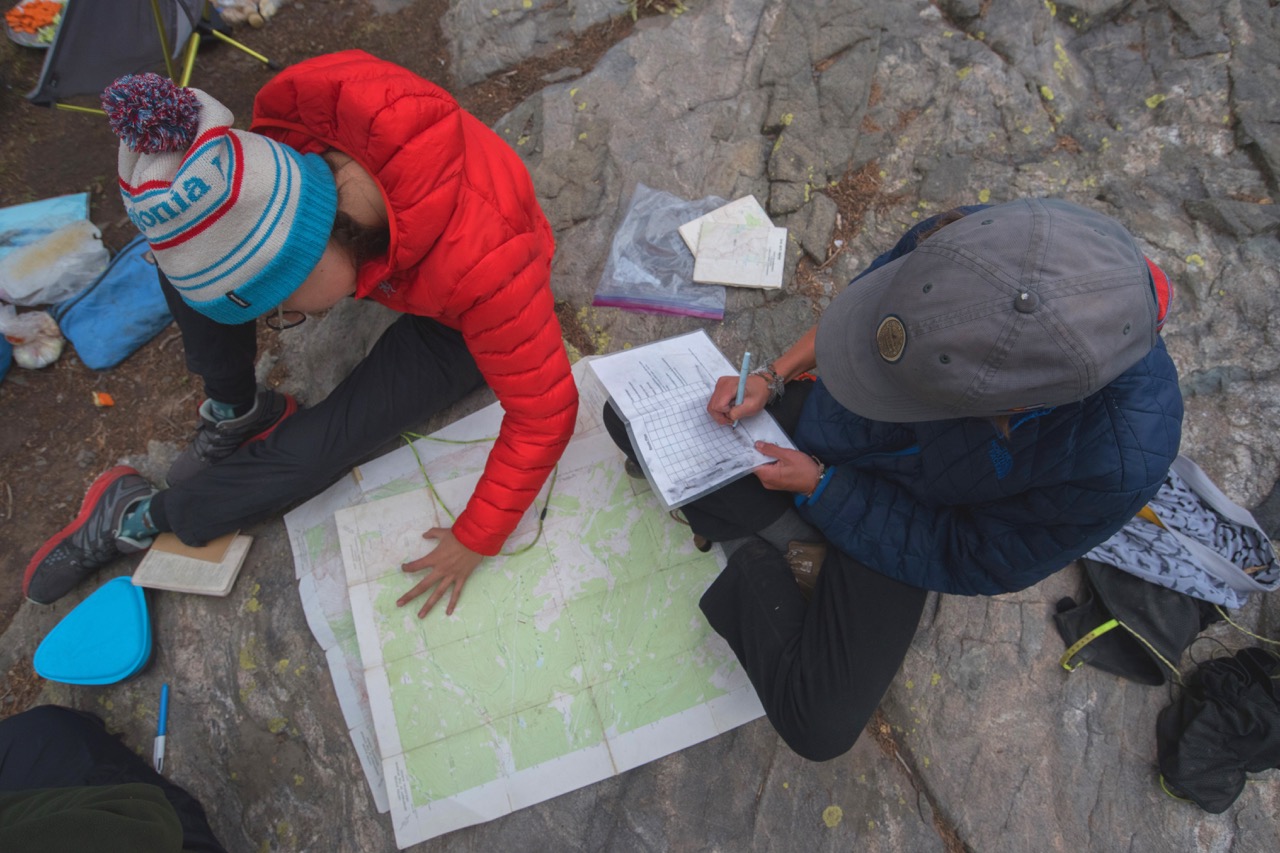Oystermeister builds community among student-athletes
What makes a school special? Beyond academics, it is the nurturing of a community, a place where traditions and ritual take hold and bring students and faculty together. At CRMS, teachers and students not only share in the learning and living experience but look also to bonding experiences through music, the outdoors and athletics.
About six years ago teacher Kayo Ogilby was letting his mind wander as he ran through the wilderness near the CRMS campus in Carbondale.
“I had this idea and proposed a series of competitive events throughout the year,” says Ogilby. The series, which attracts approximately 60-120 participants, offers a diverse lineup of events. They include (in order of appearance): rock climbing/bouldering; a 2.5 mile trail run on Tick Ridge; 250 meter swim; a 5K Nordic ski (skate or classic) at Spring Gulch; an alpine downhill at the Snowmass Ski Area NASTAR course; a cycling time trial to Dry Park Road; and finally, a downriver kayaking race starting at River Valley Ranch and ending at CRMS.
From the beginning, Ogilby says, part of Oystermeister was a fundraising effort for student clubs — students pay an entry fee of $1 each to participate — but the more important part, he says, was about nurturing community and culture on the campus.
“Oystermeister is another excuse to get together and do something that is fun,” he says. “If you want, you can take it seriously, or if you just want to come out and help raise funds and walk the course, or ride a goofy bike and have fun. That’s fine, too.”
The point of it all is for students and faculty to invest time and energy into being with each other.
“In every community, there be needs to be ritual,” says Ogilby. “The more ritual, the richer the experience. Oystermeister seemed like an opportunity to develop a ritual.”
It also gives students a way to showcase their hard work and talent, build character and appreciate a sense of accomplishment by setting personal goals or just trying a new sport.
“Kids who are involved in some sports don’t always get the chance to show what they are capable of,” explains Ogilby. “Take Nordic for example. Not many other students see them compete. So for the kids who are training hard, they get to show their skills, and for those just trying it out, they get a sense of what it is all about. It’s really valuable to rotate through these different genres and give different kids a chance to shine.”
Now, that’s all well and good. But what do the student and faculty winners get after months of hard-fought competition? A plate of grass-fed, locally cut, Rocky Mountain Oysters. CRMS doesn’t call itself the Oysters for nothing, and this is Oystermeister after all.
“We put out the word to ranchers a week before the final event, and students help me come up with a recipe to cook them,” says Ogilby. “We skin them, clean them up and grill them. It’s fun and funny, but also an unplanned, neat connection to the ranching community where we live. At this point, almost everyone on campus has tried them once.”
Runners-up are gifted with odes to the aforementioned Rocky Mountain Oysters – such as a stuffed animal with Ping-Pong balls attached, miniature cast iron skillets with two balls in the pan, or a “goofy plaque,” imagined by Ogilby himself.
There’s also a special award for the student who comes in at the back of the pack. Recognized for exemplary spirit and for the sense of community and fun, the Lanterne Rouge award (named after similar awards given at bike races such as the Tour de France) is presented with a stuffed animal and often a unique object made by students.
“There are times when you can just come together and benefit from the excitement of annual ritual that has both serious and fun elements to it,” Ogilby says of Oystermeister. “It’s natural, it flows, it’s joyous, and the more we can aspire to that kind of community, the richer the experience at CRMS can be.”
 MYCRMS
MYCRMS
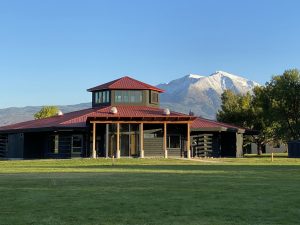
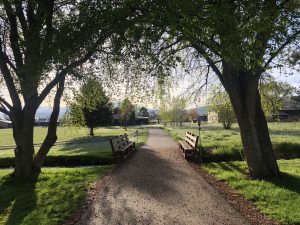
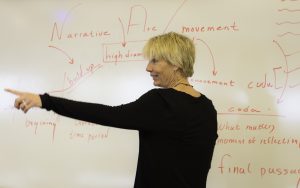
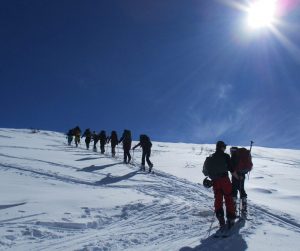

 Virtual Tour
Virtual Tour